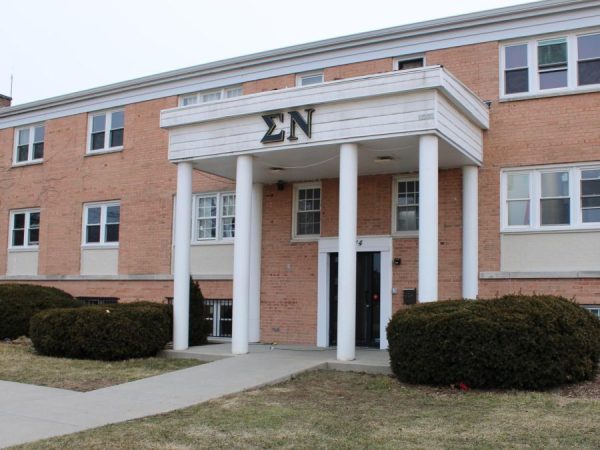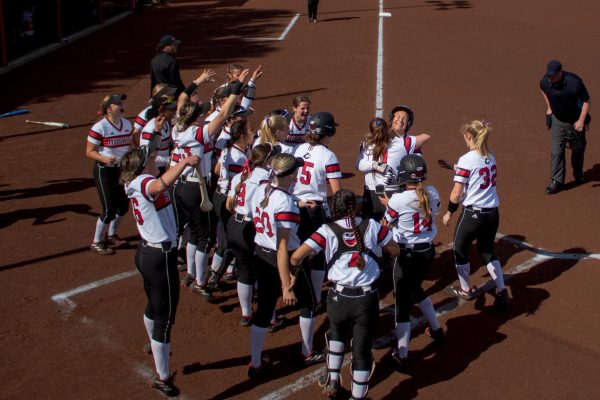Campus counseling demand increases
April 18, 2016
DeKalb | Juan Cibrian, junior psychology and Spanish language and literature major, said a long waitlist at Counseling and Consultation Services prevented him from receiving help for his resurfacing symptoms of anxiety and depression.
Cibrian said another long waitlist at the Psychological Services Center and financial restrictions with off-campus resources will force him to wait three weeks for an appointment to open at Counseling and Consultation Services.
In the last five years, the number of students seeking service at a counseling center rose 29.6 percent and counseling center appointments rose 34.8 percent while the average student enrollment has only increased 5.6 percent nationwide, according to a Center for Collegiate Mental Health survey.
The increase in demand for counseling is largely due to the increase of mental health awareness on college campuses and the reduction of the negative stigma surrounding students who are asking for help, said Brooke Ruxton, executive director of Counseling and Consultation Services.
“Administration at NIU is supportive and recognizes mental health as a concern for our campus,” Ruxton said. “[Counseling and Consultation Services] is in a place where we can continue to explore what we do need in order to make sure we [continue] to provide the best services [for students].”
The Counseling and Consultation Services’ student-to-counselor ratio is 2,061:1, compared to the recommended national ratio of 1,500:1.
In the 2015-16 academic year, the top five issues faced by NIU students seeking services are anxiety, depression, stress, family and relationship problems and academic performance, according to the survey.
Ruxton said the severity of students’ mental health problems has increased but counselors at NIU have been able to maintain their efficiency with the help of additional on and off campus resources despite not having additional counselors hired since 2012.
A struggle to fill positions has become a university-wide trend as NIU has not laid any faculty off due to budget cuts, however, as of Sept. 2015, they have not filled 228 positions.
On average, one to two students that come to Counseling and Consultation Services are connected with Kishwaukee Hospital, 1 Kish Hospital Drive, per week because the students coming in are evaluated as a threat to the safety of themselves or to the safety of others, Ruxton said.
Student Association President Nathan Lupstein launched the No Shame campaign this semester to reduce the negative stigma of seeking help for mental health.
The No Shame campaign works with 21 NIU organizations to hold a variety of events year-round to assure students it’s OK to ask for help, Lupstein said.
“The entire campus can help counseling by talking about mental health and not being afraid to talk about mental health as a very common, very expected issue for college students,” Ruxton said. “Any person at any level on campus, whether student or administrator, can make a difference by having some education and comfort in talking about [mental health] issues.”













